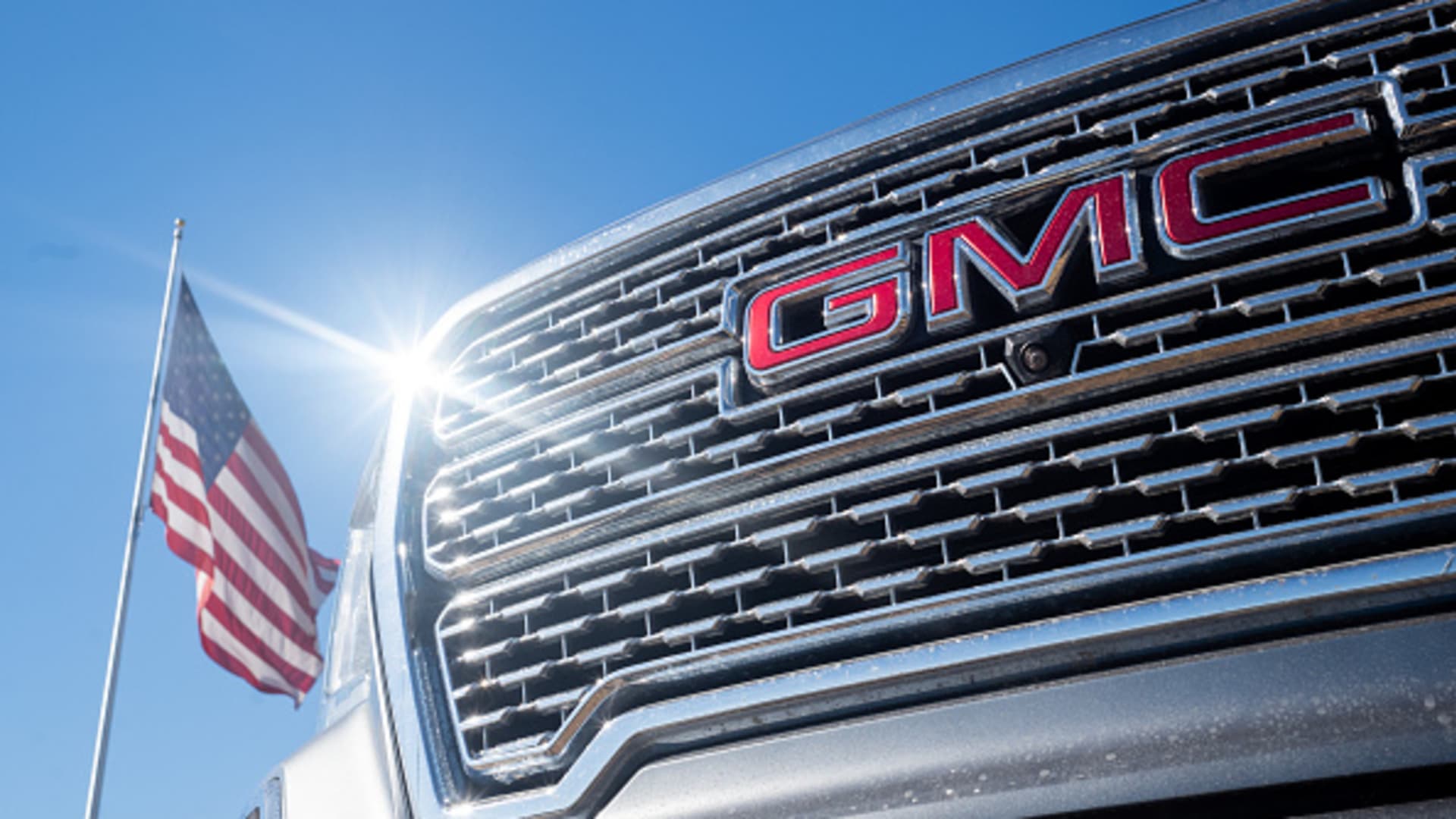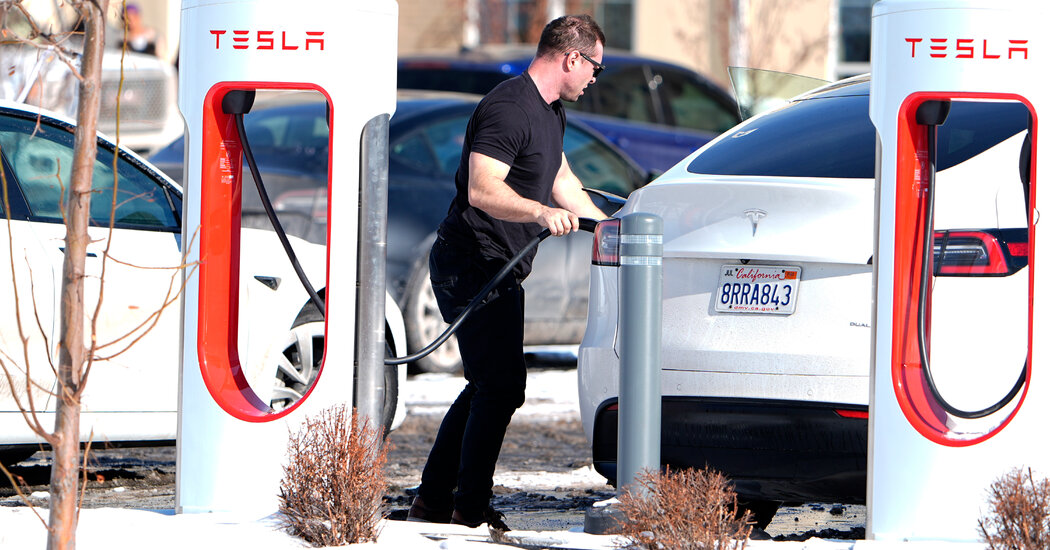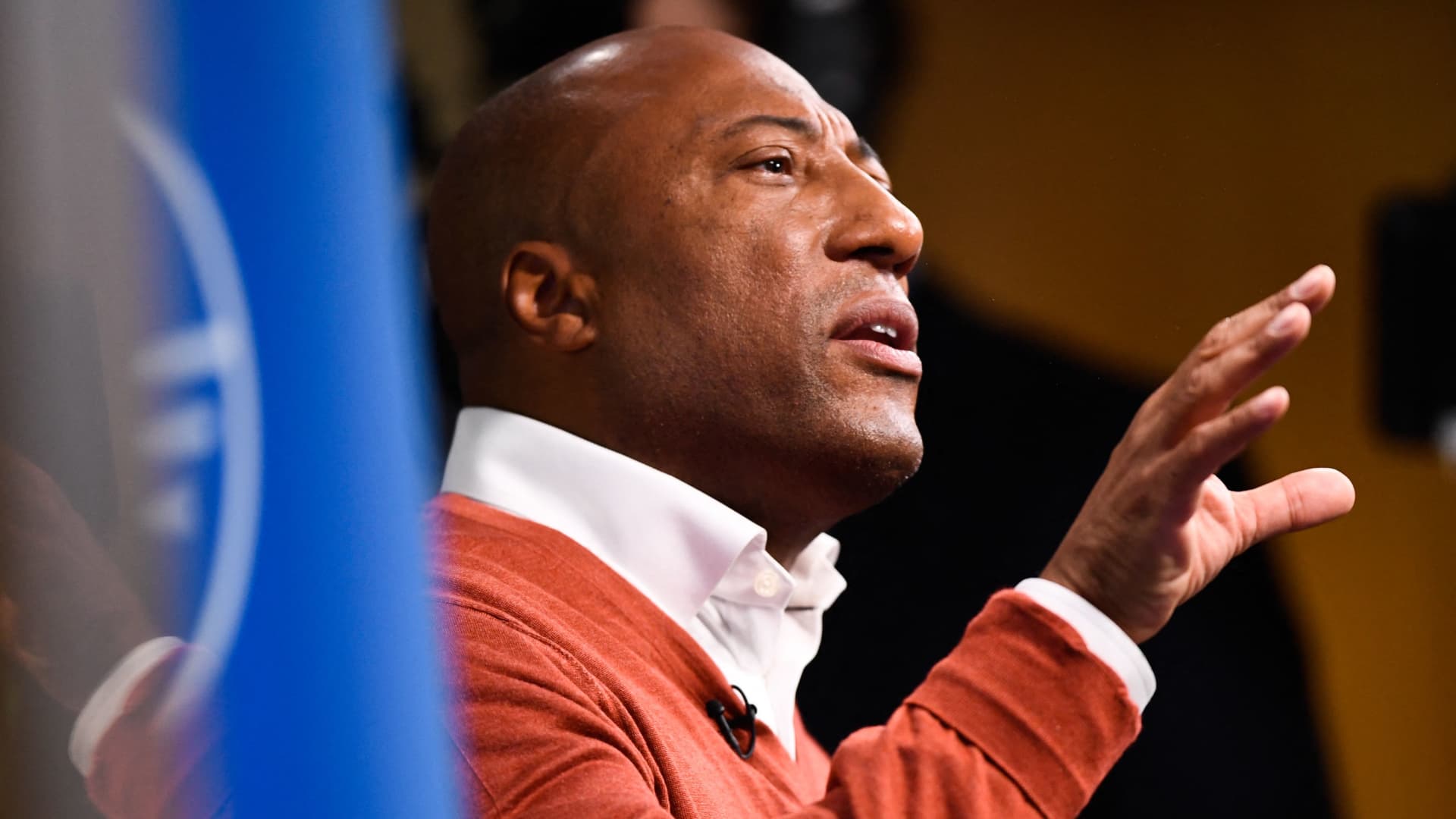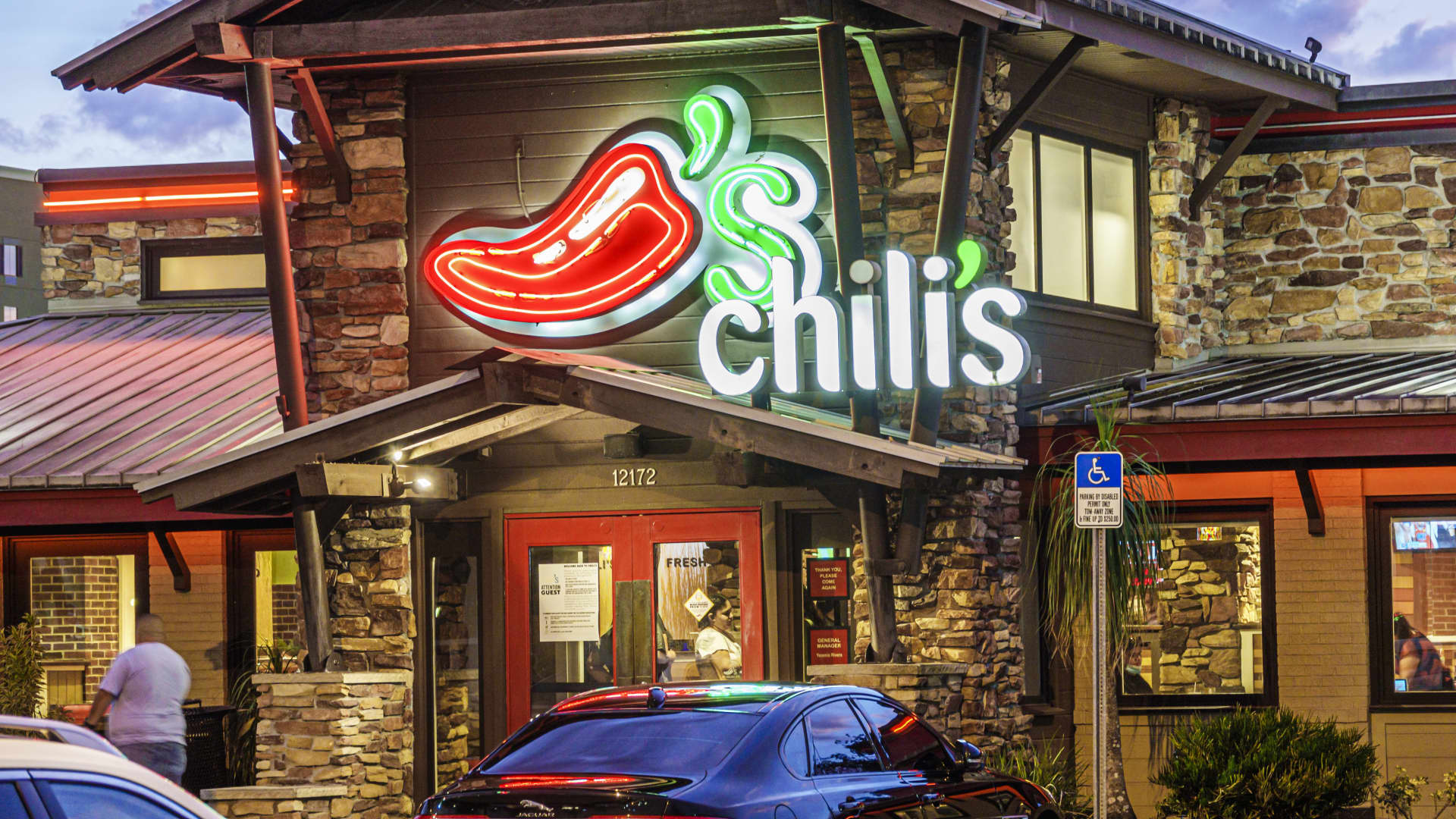(L-R) Rupert Murdoch, Executive Chairman of News Corp and Chairman of Fox News, and Lachlan Murdoch, Co-Chairman of 21st Century Fox, walk together upon arrival to the third day of the annual Allen & Company Sun Valley Conference on July 13, 2017 in Sun Valley, Idaho.
Drew Angerer | Getty Images News | Getty Images
A version of this article first appeared on CNBC's Inside Wealth with Robert Frank, a weekly guide for high-net-worth investors and consumers. Register to receive future issues directly to your inbox.
The Murdoch family dispute playing out in an obscure Nevada courtroom underscores the state's growing popularity as a global hub for family trusts and friendly home to the world's biggest fortunes.
According to legal industry rankings, Nevada is now the leading state in the country when it comes to so-called asset protection trusts, like the one at the center of the dispute with Murdoch. The state’s unique combination of no income tax, ironclad confidentiality protections and strong defenses against creditors make it the ideal location for large family trusts created to protect assets.
Nevada does not report the total amount of assets it holds in its trusts. The rapidly growing western industry of trust and estate lawyers, trust companies and facilitators deliberately keeps a low profile. However, experts estimate that the state likely has hundreds of billions of dollars in trust assets stashed away in nondescript office buildings or trust companies, offering little or no visibility to the outside world.
“Nevada is number one and has been for at least four years,” said Steven Oshins, a Nevada attorney who publishes the most-cited ranking of states based on their attractiveness for asset protection trusts.
South Dakota ranks “second,” and then “there's a big drop-off for the next group with Tennessee, Delaware and others,” Oshins added.
Nevada’s advantage puts it at the forefront of a massive surge in wealth pouring into asset protection trusts. The U.S. was home to more than $5.6 trillion in trust and estate assets in 2021, more than double the 2011 level, according to data from economists Thomas Piketty, Emmanuel Saez and Gabriel Zucman. The estimate is just “the tip of a multi-trillion-dollar iceberg,” according to the group, as many trusts go unreported to the IRS.
Much of the recent growth is being driven by the so-called Great Wealth Transfer, in which more than $80 trillion is expected to pass from generation to generation, according to trust and estate lawyers. The possible expiration next year of the estate and gift tax exemption, which currently allows couples to give away up to $27 million tax-free, is also fueling the creation of new trusts. Fears of a global wealth tax, an IRS crackdown on wealthy taxpayers and a wave of foreign millionaires and billionaires using the United States as the latest offshore tax haven are also fueling demand.
In the race among states to attract hundreds of billions of dollars in new trust assets, Nevada has a comfortable lead. Its legislature frequently updates its trust laws and regulations to make them more attractive.
Nevada has no state income tax, no corporate profits tax, and no inheritance tax, which helps trusts grow in value without having a share taken away from them. Its confidentiality laws are also among the strictest in the country. In 2009, the legislature passed a law stating that all records submitted to the Division of Financial Institutions are “confidential.”
While all trust cases in Nevada are officially part of the public record, attorneys filing the documents can use a new 2023 law to keep the name of the trust, settlors, and beneficiaries confidential without a court order. In addition to confidentiality, it is one of seven states that allow “quiet trusts,” which allow the trustee to keep the trust’s existence secret from the beneficiaries under the terms of the trust.
Nevada is also unusual in that it has no “no-holds-barred creditors,” meaning that not even ex-spouses, child support claims or plaintiffs in lawsuits can have access to a trust. Perhaps its most powerful advantage, and one that has a direct bearing on the Murdoch case, is the trust’s flexibility.
At the center of the Murdoch case is the Murdoch Family Trust, which owns the powerful voting shares in News Corporation. and Fox Corporation. who effectively control the companies. (The trust also contains the family farm in Australia, Murdoch's art collection and his Disney actions.)
Under the current terms of the agreement, when Rupert Murdoch dies, control of the trust would pass to four of his children: Lachlan, James, Elisabeth and Prudence. Each would be entitled to one vote, meaning no sibling could gain control without the others. The trust was set up as an irrevocable trust, meaning it is designed to be permanent.
However, according to The New York Times and The Wall Street Journal, Rupert Murdoch has taken steps to rewrite the trust to give Lachlan control after Rupert's death. He argues that it is in the best financial interests of the other children, something at least some of them have questioned. Spokespeople for News Corp. and Fox declined to comment.
In many states, changing an irrevocable trust is virtually impossible. In Nevada, however, it is common thanks to a special exception known as “transferability.” The state allows irrevocable trusts to be transferred or transformed into a new trust as long as certain provisions are met. In the case of the Murdoch dispute, Rupert will have to prove to a probate court that he is acting “in good faith and for the sole benefit of the heirs.”
“In Nevada, you can usually resolve those issues fairly easily,” said Elyse Tyrell, an estate attorney with Tyrell Law PLLC in Henderson, Nevada.
Nevada trust and estate lawyers said it is a bit unusual for a trust donor — in this case, Rupert Murdoch — to claim he is acting for the benefit of heirs who oppose him. But if he can show that Lachlan’s control would maximize the financial value of News Corp. and Fox Corp., and thus benefit all of the siblings, the court could side with him. The trial begins in September.
It is also unusual for a family to be able to create a trust in Nevada without business or personal ties to the state. Nevada residency is not a requirement for establishing a trust. Neither of the Murdochs appears to own homes in Nevada and none of their businesses have public headquarters there.
“Normally, a family would have some ties to Nevada to build trust, whether it’s living here or owning real estate,” Tyrell said. “I don’t think any of the Murdochs have ever lived here.”










